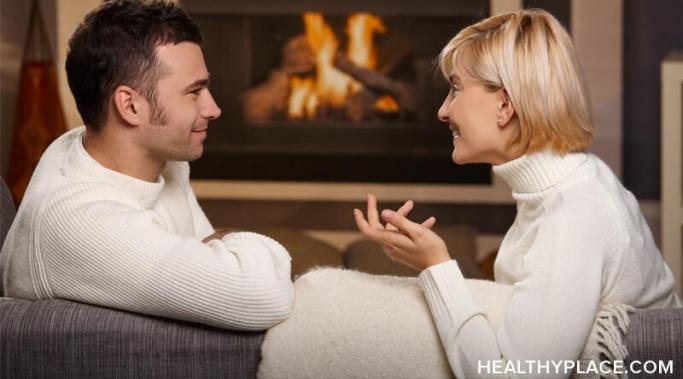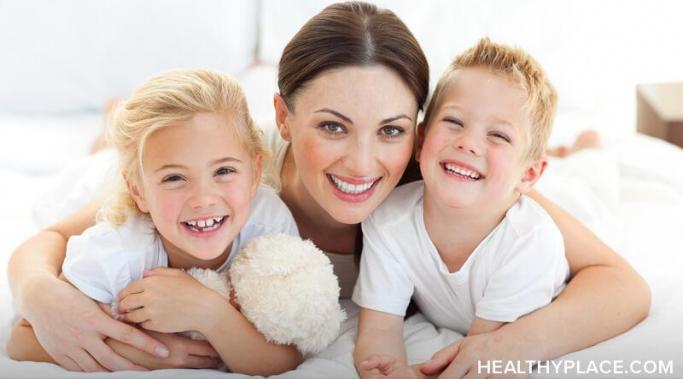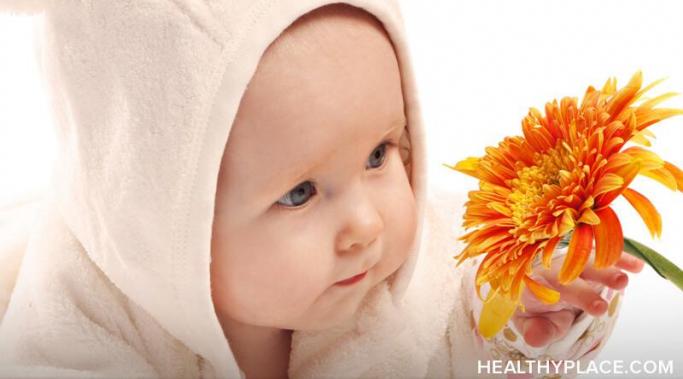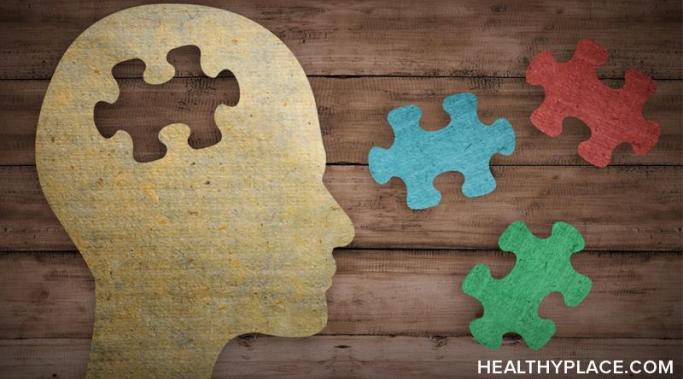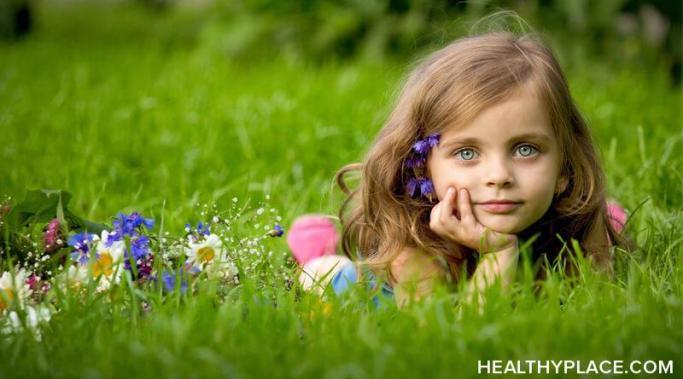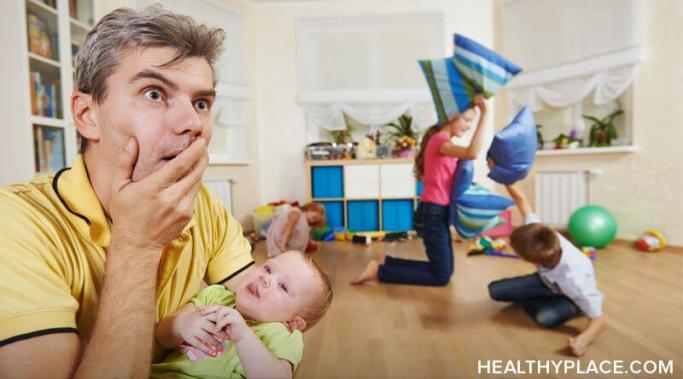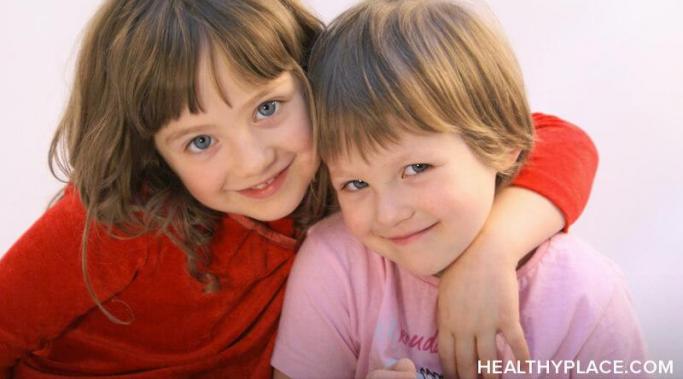Do you know that saying that other people’s opinions of you are none of your business? As much as I try to keep that in my head, that’s easier said than followed, and other people's perceptions of me trigger negative thoughts.
Relationships - Recovering from Mental Illness
If you’ve clicked on this blog post, someone in your life has likely begun taking steps to recover from their mental health struggles. First of all, thank you. I can say firsthand that having the support of loved ones has an impact on the process. It certainly has for me. Given that, I wanted to share how my loved ones have supported me and how you can support someone, too, in mental health recovery.
I can't connect with people anymore. There are so many people in my life who I love so dearly, but lately, I haven't been able to feel connected to them in any meaningful way. Even though part of my brain is telling me that something is horribly wrong with me because I can't connect with others, I think this may actually be affecting lots of other people in recovery. So I think we should talk about some of the real reasons why I can't connect with people right now.
For the last year or so, I have been doing a lot of work to process my childhood trauma. I've been in therapy, I've been taking psychiatric medication, I've been doing outside reading, and my therapist and I even found a way to work one of my favorite TV shows into my trauma work. In general, I think it's going really well, except for one problem: parenting. I don't know how to avoid causing my son the same trauma that happened to me.
Usually, anything that helps with my depression feels like a pure blessing from above, but I have some fears about how much having a baby has helped my depression. I've found that my baby can incentivize me to get out of bed even on horrible days where, without a baby, I would have been stuck in bed all day long.
What is the aftermath of toxic relationships? In general, I am a positive person who can see the good in people, but I recently went through a tough situation with a person that left me questioning how I cope with stress and handle social interactions. This person is no longer around me but this situation has had a big impact on my life. I want to share the things that I've learned.
No one wants to see their child develop mental health issues or suffer in any way. Oftentimes parents with mental Illness are asked if we fear we'll pass our illness down to our children. I've always thought there are worse things to fear. Still, I can't ignore genetics, and I know my daughter is at a higher risk of developing a mental illness because I have schizoaffective disorder. So I wonder, is there a way to try to prevent it from happening? Or is my time better spent preparing her for the possibility?
My mental illness recovery is important to me, now more than ever, because of my daughter. I have been in mental illness recovery since my early 20s, long before I ever thought I'd be a mom. When my husband and I found out we were expecting, we were ecstatic, but I also felt overwhelmed. There is no turning back from this awesome responsibility. Nothing would ever be the same. My daughter is now two-and-a-half, and it's like I can't even remember what life was like without her. There's so much I want to show her and teach her, but I have to be mentally healthy and well to do that. Here are four reasons my daughter motivates me to make my mental illness recovery important.
I've been parenting with a mental illness for a while now. My daughter just turned two years old, and people are asking if we’ll have another baby. There are so many stressful things about pregnancy and parenting when you have a mental illness. We have a lot to think about – even the second time around (Should People with Mental Illness Have Children?).
Mental health conversations are important at every age and stage of development. As a parent, there’s a lot I want to tell my young daughter about mental health, so hopefully one day she will be a confident woman with a healthy life. She will grow up with me speaking openly about my mental illness as I always have. I hope in return she will feel comfortable talking about mental health as well. I plan on having mental health conversations early and keep the discussion going throughout her childhood. Here are three points I really want to get across.

